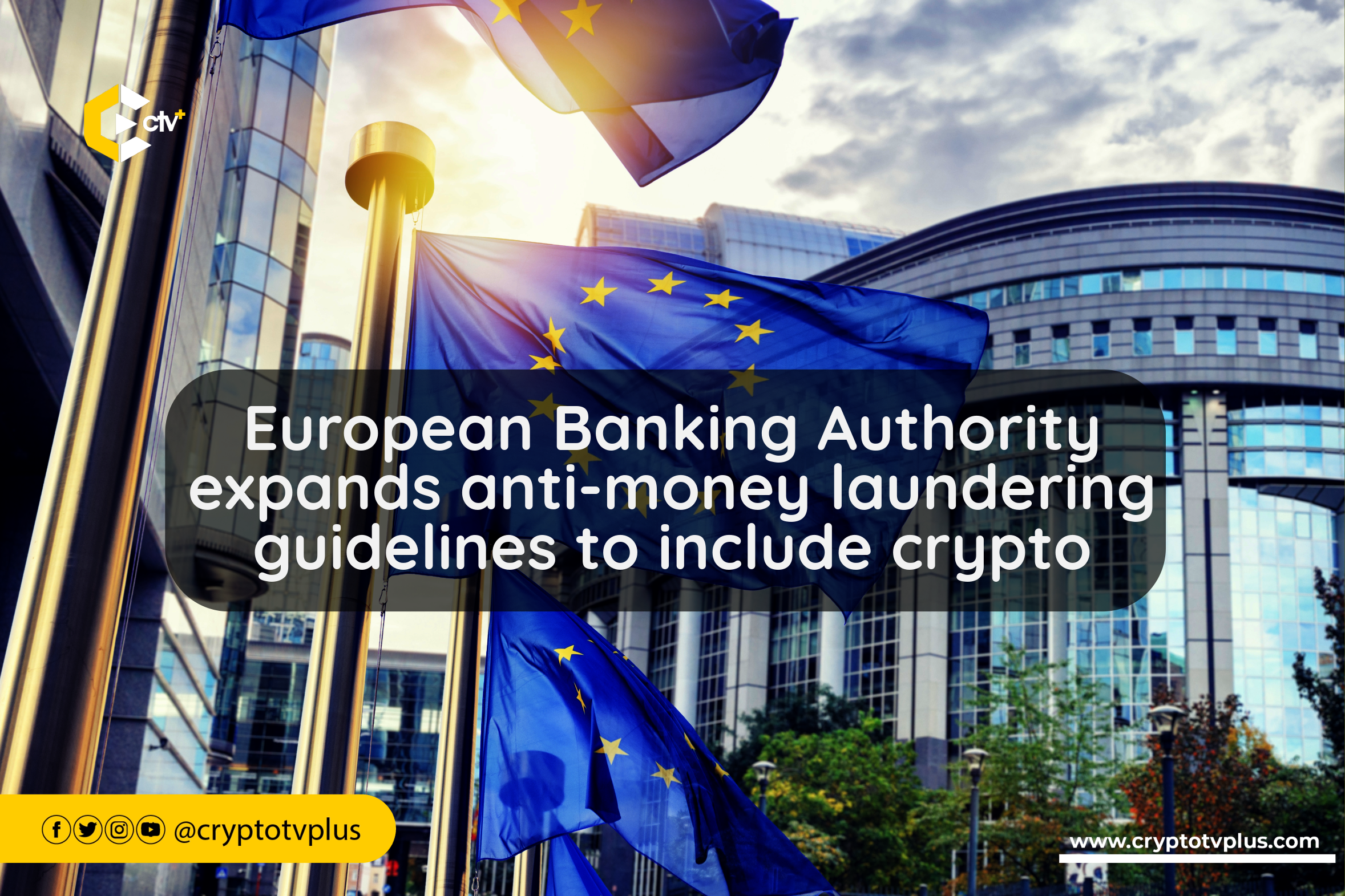News
European Banking Authority expands anti-money laundering guidelines to include crypto

The European Banking Authority (EBA) has issued new guidance on how cryptocurrency firms in the EU should comply with anti-money laundering (AML) regulations. The EBA states that the guidance is part of its “fight against financial crime.”
In a move that will impact the European crypto industry, the European Banking Authority (EBA) has extended the scope of the European Union’s Anti-Money Laundering and Counter-Terrorist Financing guidelines to cover cryptocurrency firms.
The updated guidelines are intended to help crypto companies assess their risk of exposure to financial crimes such as money laundering and terrorist financing. The guidelines highlight the need for crypto companies to consider several factors when assessing this risk, including their customers, the products they offer, their delivery channels, and their geographical locations.
Crypto companies should use blockchain analytics tools to identify and assess the risks associated with their customers and transactions, according to the EBA.
Crypto companies in the EU will have one year to become compliant with the new guidelines, with a compliance date of Dec. 30, 2024.
In its announcement, the EBA emphasized the importance of these updated guidelines for strengthening the EU’s response to financial crime and ensuring a harmonized approach across the region. The EBA also stated that the guidelines are an important step towards creating a level playing field for crypto companies operating in the EU.
The new guidelines will cover crypto-specific risks for traditional financial institutions that may be holding or serving crypto firms.
According to the new guidelines, crypto firms will need to consider the specific risks associated with certain features and services common in the crypto industry. These include features that may allow users to remain anonymous, platforms that do not rely on a central authority, and services that allow the transfer of funds to or from self-hosted wallets.
Last year, the EU finalized two major pieces of legislation that will have a significant impact on the crypto industry: the Transfer of Funds Regulation (ToFR) and the Markets in Crypto-Assets (MiCA) regulation.
Under the MiCA regulation, crypto service providers (CASPs) will be required to obtain a license to operate in the EU. However, the regulation allows for an 18-month transitional period for existing CASPs that have been operating without a license.























1 Comment